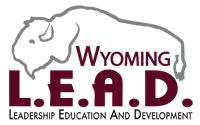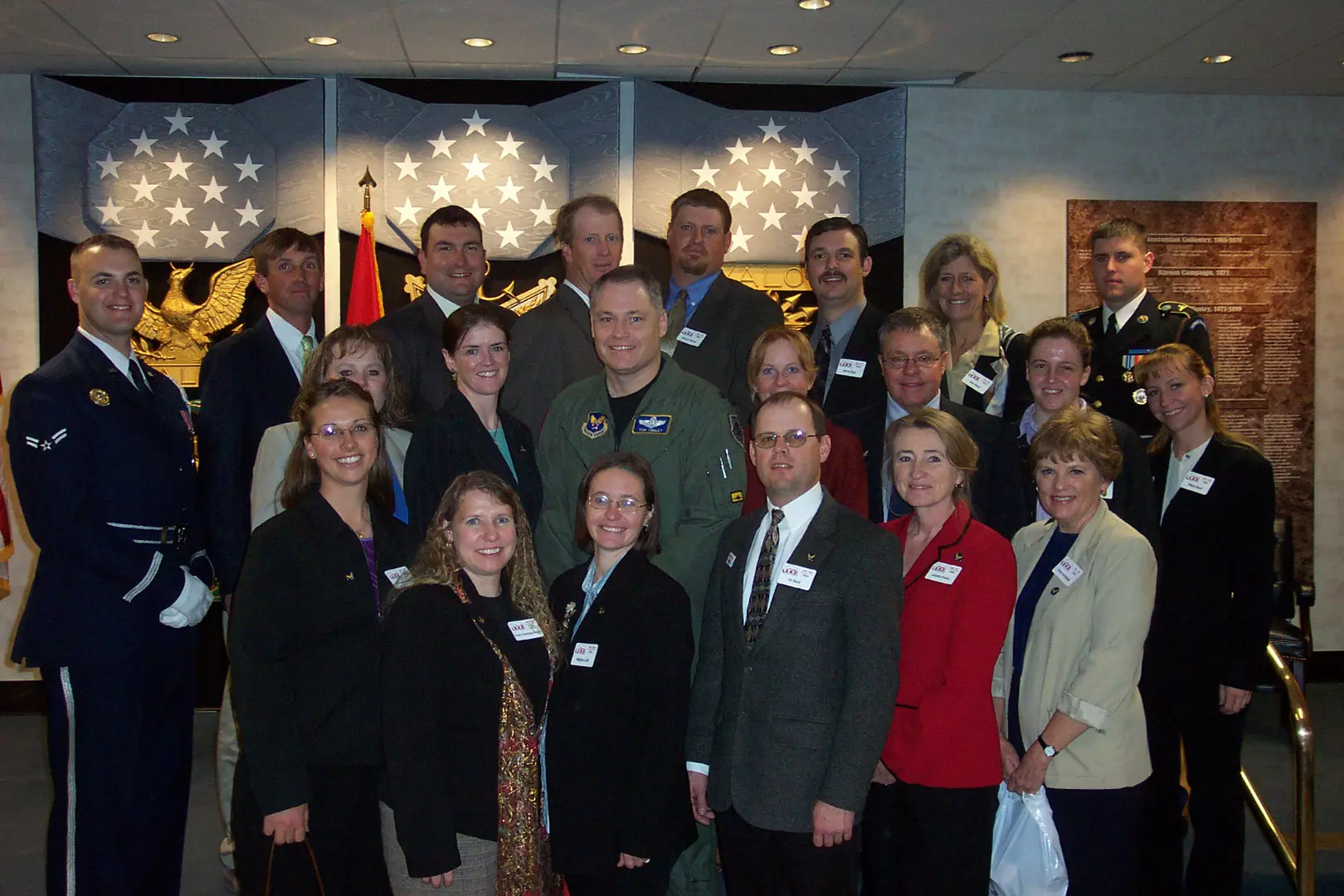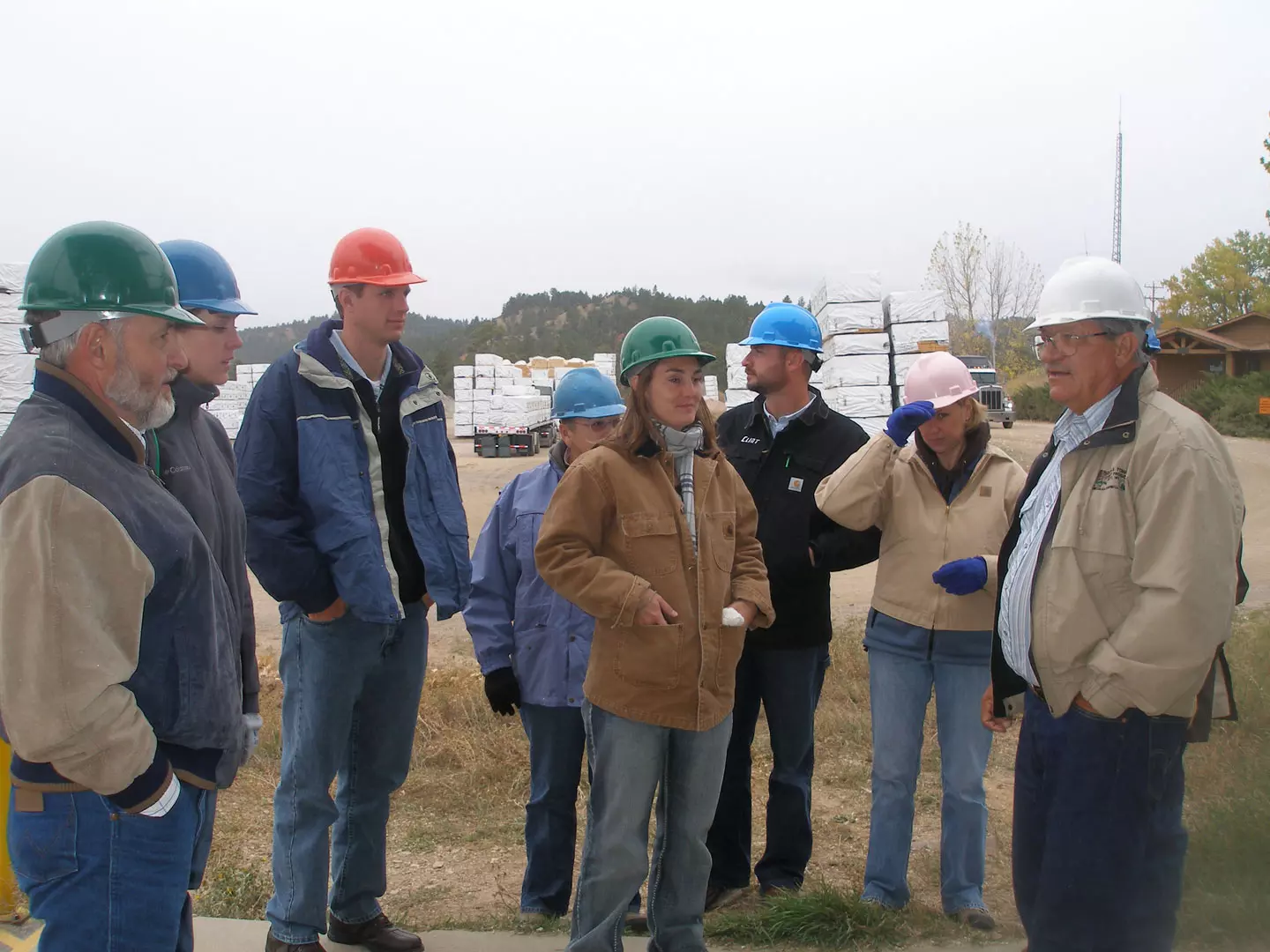The Wyoming L.E.A.D. Program
develops individuals who want to be agricultural and rural leaders. Through a series of in-state seminars, and a national and international seminar, participants network with experts to learn about agriculture and natural resource issues and opportunities.
Leadership Training Program for Aspiring Rural Leaders
L.E.A.D. RESULTS
Seventeen classes of leaders, with a total of 269 individuals, have graduated from the program. Many of our alumni are the most influential individuals in the agricultural community. Refer to the statistics below to demonstrate the involvement of our alumni.


